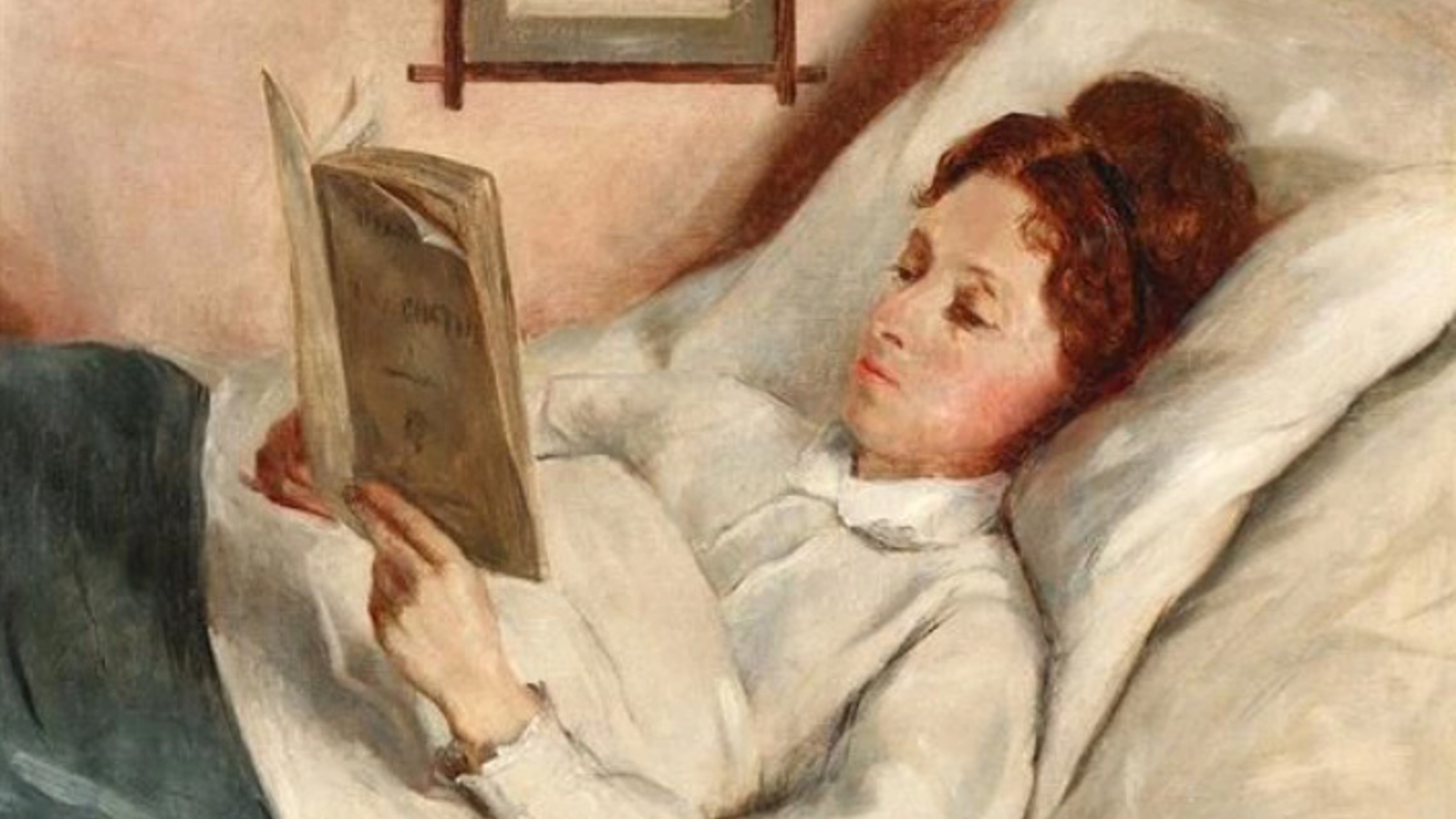Adapting the writings of Elliott Coleman and Joel Salatin to 300 acres.
Question: How did Elliott Coleman and Joel Salatin inform the project?
Dan Barber:Yeah well the two that you just mentioned are the two reasons I’m cooking really. I mean Elliott Coleman is a farmer in a Northeastern part of Maine that was frustrated with the shortness of the growing season, and he . . . Well he tells this story. He’s a great storyteller, but he tells a story about how he was thinking of moving to France or to Italy. And he was looking at a map, and he saw how his farm was on the same latitude as Northern Italy and Southern France Province. And he knew that there were vegetables that were daylight determinant, not temperature determinant. So if you keep it above 32 degrees, you could grow everything that you grow in Northern Italy and Southern France in the middle of the winter. You could do that in Maine as long as you controlled the temperature and kept it over 32 degrees. So he invented these revolutionary greenhouses –sort of hoop houses that prevented ice crystallization on the plant and got his farm going in ways that very few people have been able to do. And now he’s been mimicked all around the world really. So he was an inspiration for me because in college, when I was cooking sort of on the side, I was thinking Blue Hill Farm was a great asset too. It’s . . . It’s 300 acres of pastureland. And part of the problem with farming in the Northeast, of course, is what do you do from December to May? And most of these farmers have other jobs during this time, and it’s a very sort of low revenue stream time. So what Elliott invented, or what Elliott took advantage of was something that very few farmers thought about; and he did it making money doing it, which is the key. So he was a huge influence on me and my thinking that, you know, ultimately if I got good enough and could be . . . could make a career of cooking, Blue Hill would be an asset for supply chain. And then there’s Joel Salatin who did everything – I’m just talking about on the animal end – and took advantage of this landscape in ways that other farmers hadn’t by raising different species of animals in the same space. So both of these mane informed me greatly, and then ultimately Stone Barns greatly because we kind of mimicked each of their operations at Stone Barns – made it our own for Westchester County, but their basic philosophy is all over the place at Stone Barns.






